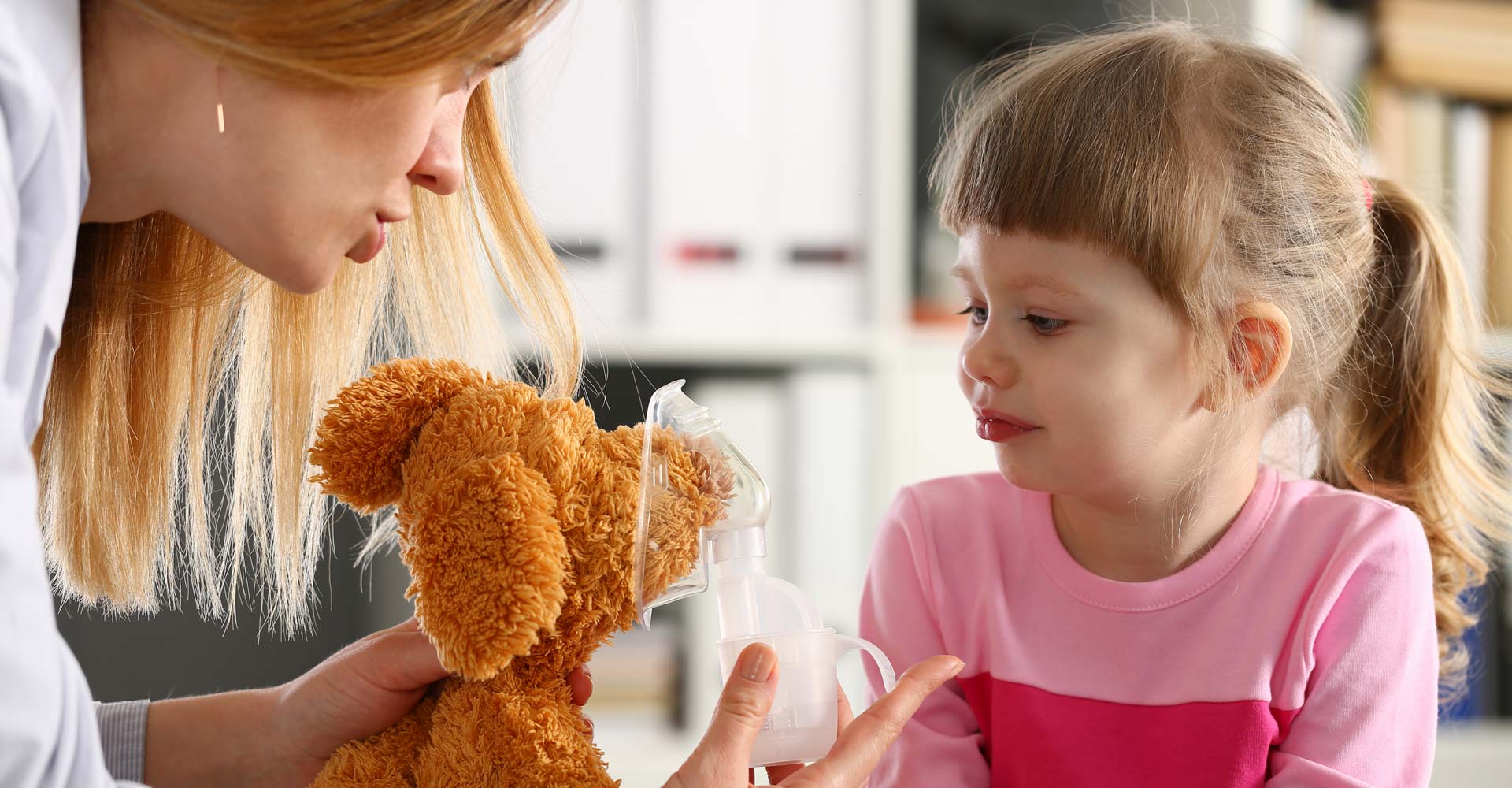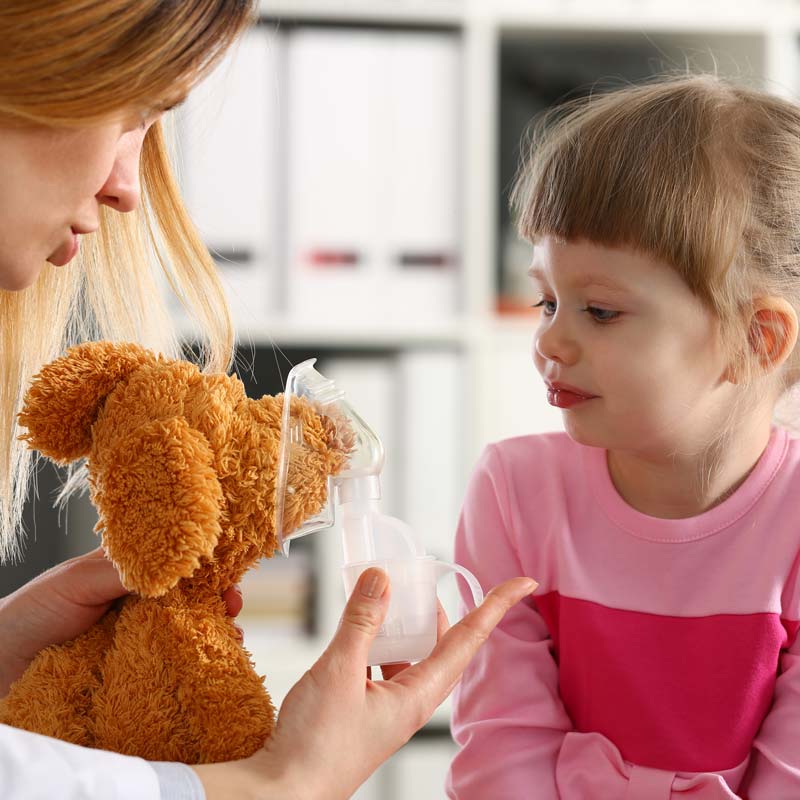If you have asthma, protecting yourself from viruses is critical, because viral infections can worsen your symptoms and are common triggers for asthma attacks.
About COVID-19
If your asthma is well-controlled, you are not at an increased risk of death or complications due to COVID-19, but if your asthma is severe or not under control there is an increased risk of severe COVID-19 and COVID-related death. Therefore, it is important to correctly manage your asthma, follow your action plan and keep taking prescribed asthma medications.
COVID-19 vaccination, including booster doses if available, are beneficial for people with asthma, as for the general population. As normal precautions, before vaccination you should check if you are allergic to any components of the vaccine, and delay it if you have fever or if you are unwell.
If you have, or suspect you have, COVID-19, keep following your asthma action plan and taking your usual medicines. You should consult your healthcare provider to discuss if you need to modify your therapy.
About influenza
Flu (influenza) can affect your lungs. It can trigger asthma symptoms or asthma attacks. At the first sign of flu, follow the steps of your action plan and talk to your healthcare provider if you feel unwell or if your symptoms worsen.
You should get the influenza vaccination every year, or at least when vaccination of the general population is advised.
Protect yourself against viruses
- You can have your flu and COVID-19 shots on the same day.
- Wearing a face mask does not worsen your asthma. If you have difficulties in breathing when wearing a mask, you should talk to your healthcare provider to review your asthma control.
- Stay away from sick people and protect yourself during viral epidemics such as the flu.
- Wash your hands often. If you are on the go, use a hand sanitiser.
- After vaccination, write down in your daily asthma journal any effect you notice.
- How to avoid transmitting the virus to your family and caregivers:
- If possible, use a pressurised metered dose inhaler and spacer or a dry powder inhaler for your asthma medications rather than a nebuliser since nebulisers can transmit respiratory viral particles for a distance of at least one metre.
- Do not share inhaler devices or spacers with family members.
About pneumococcal disease
People with asthma, particularly children and the elderly, have a higher risk of pneumococcal disease. Consult your doctor about pneumococcal vaccination.

